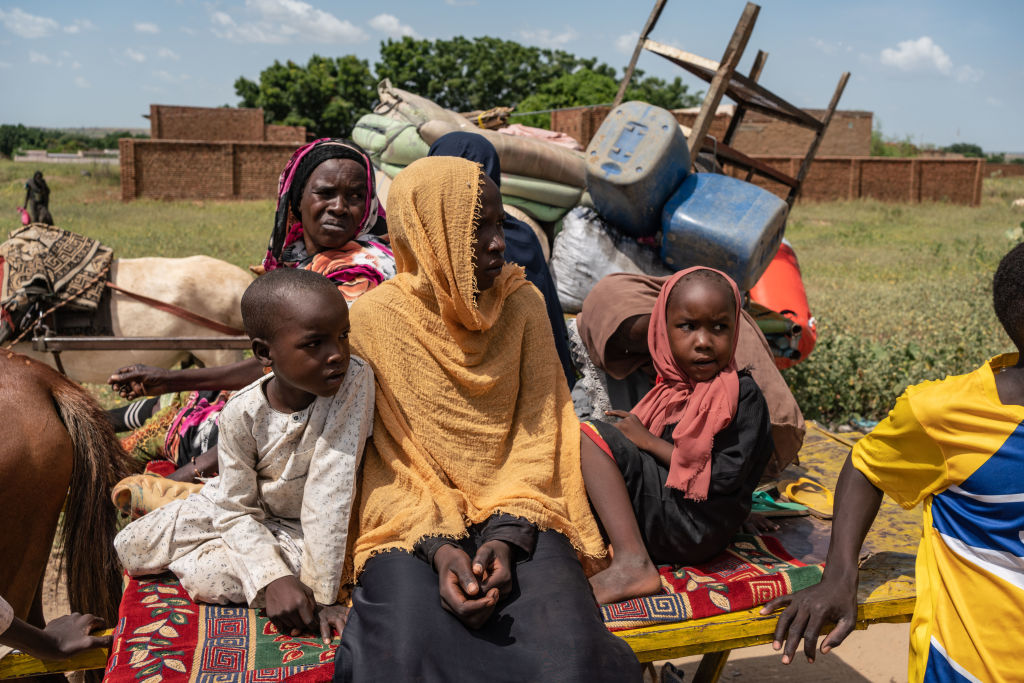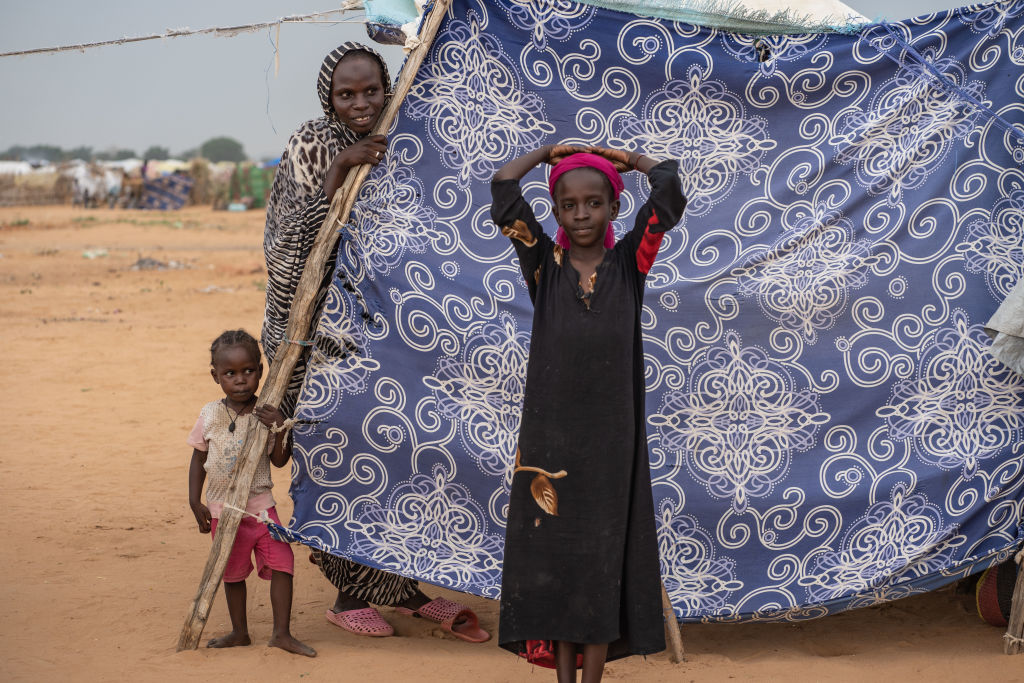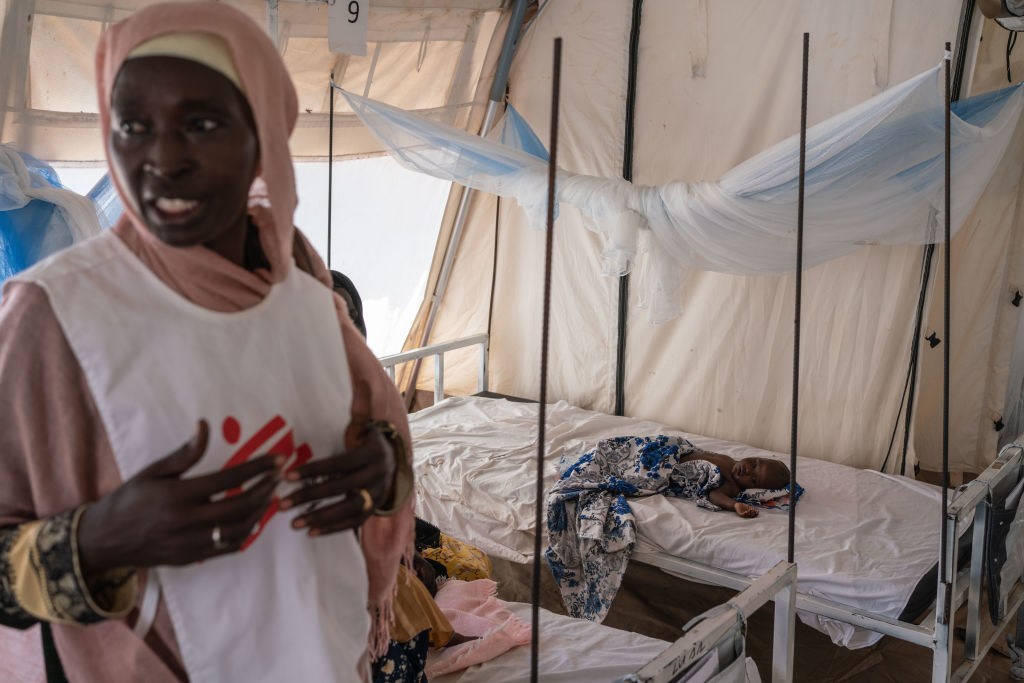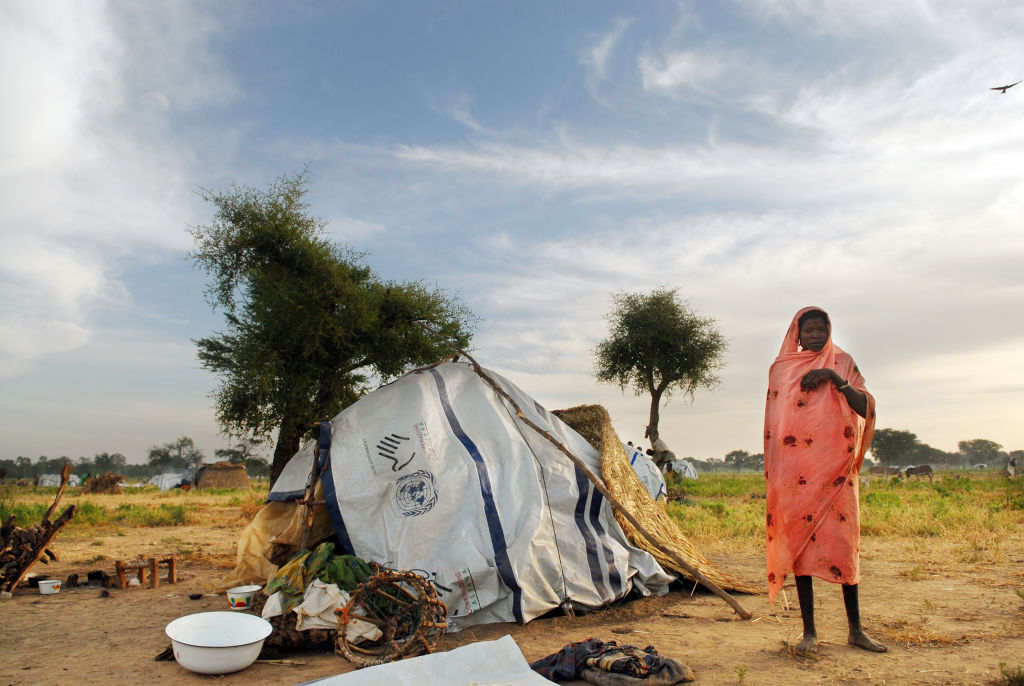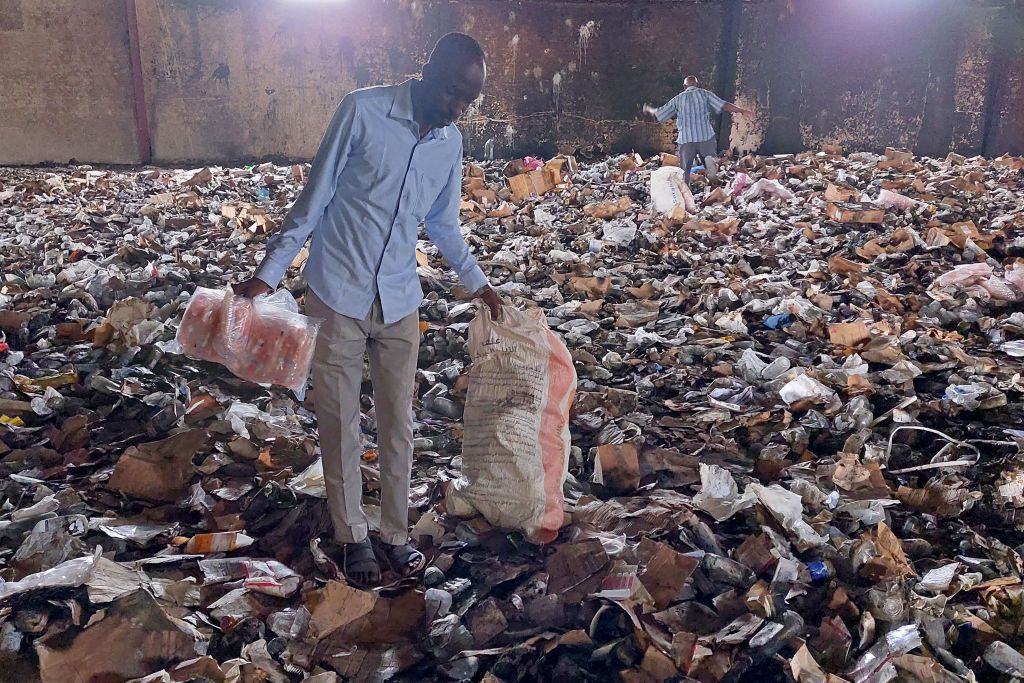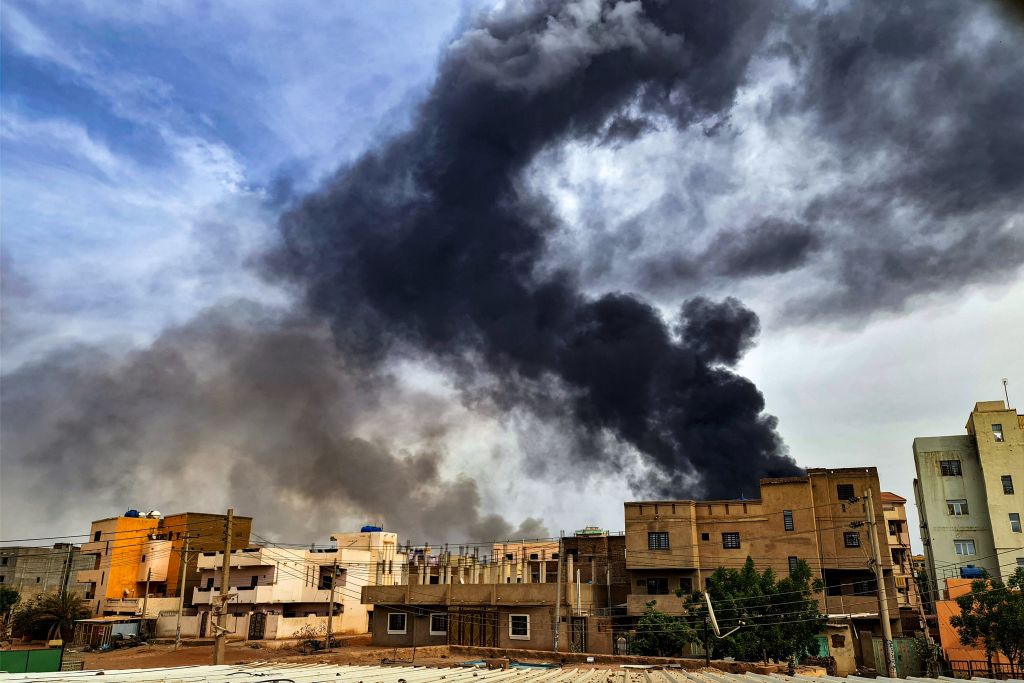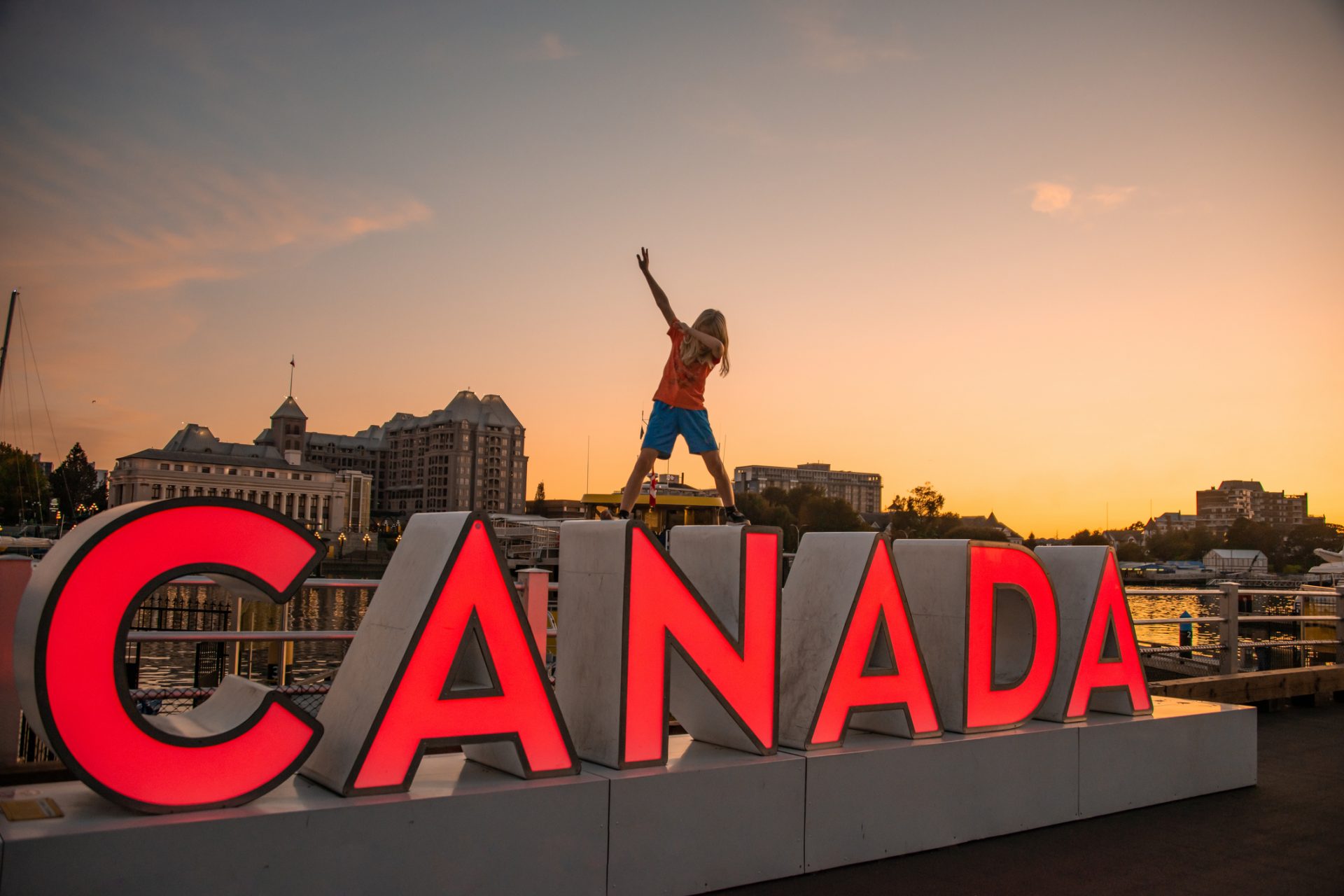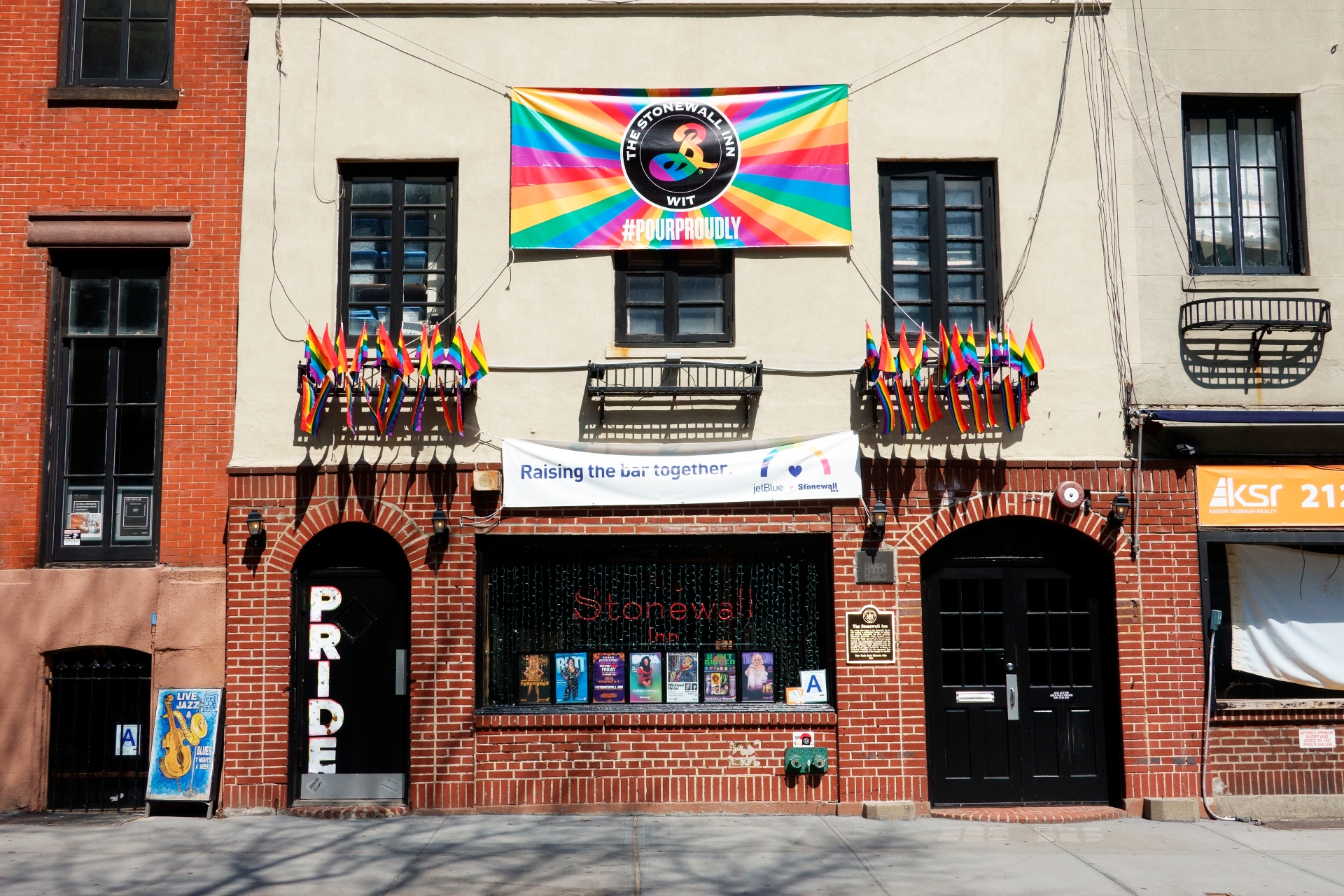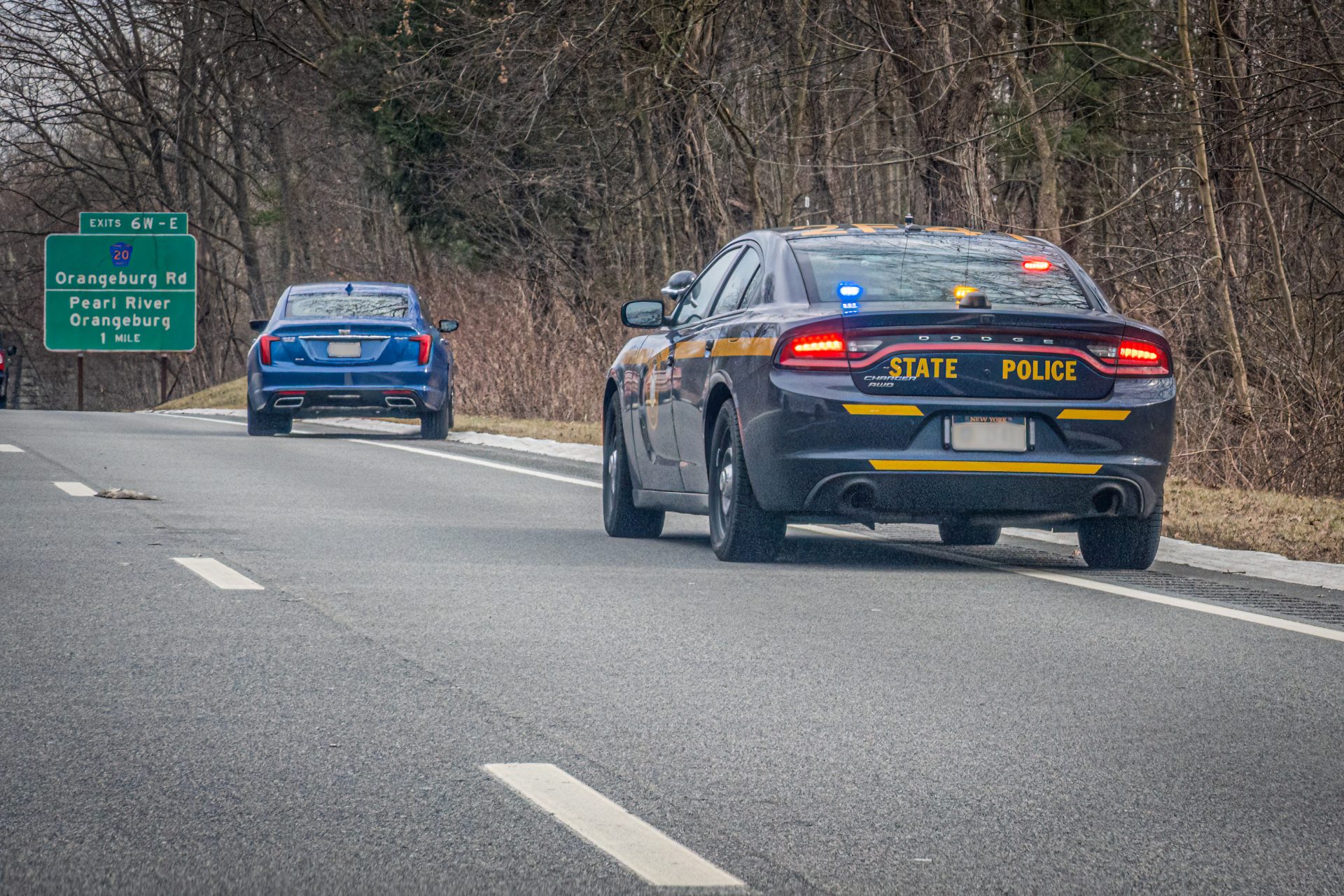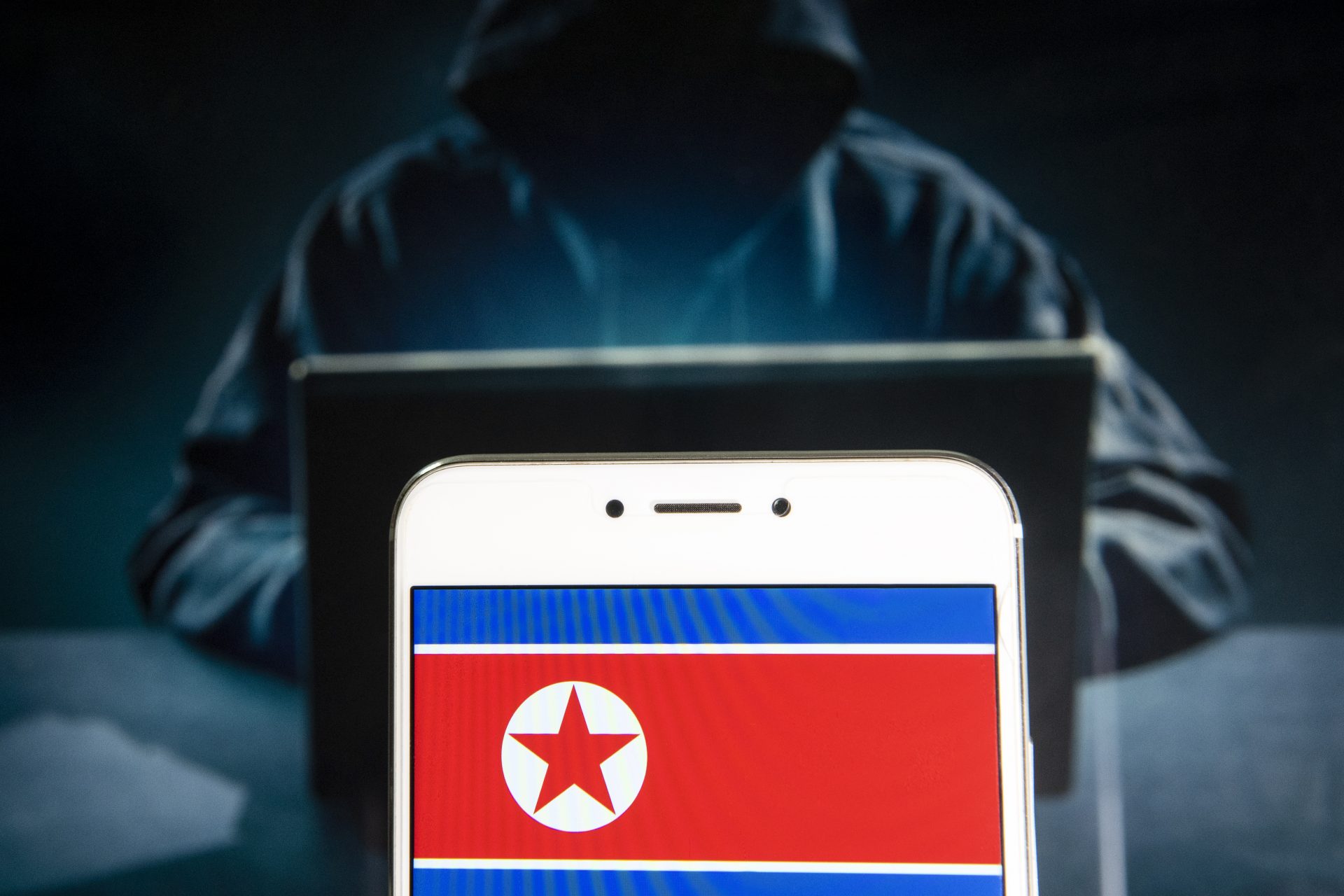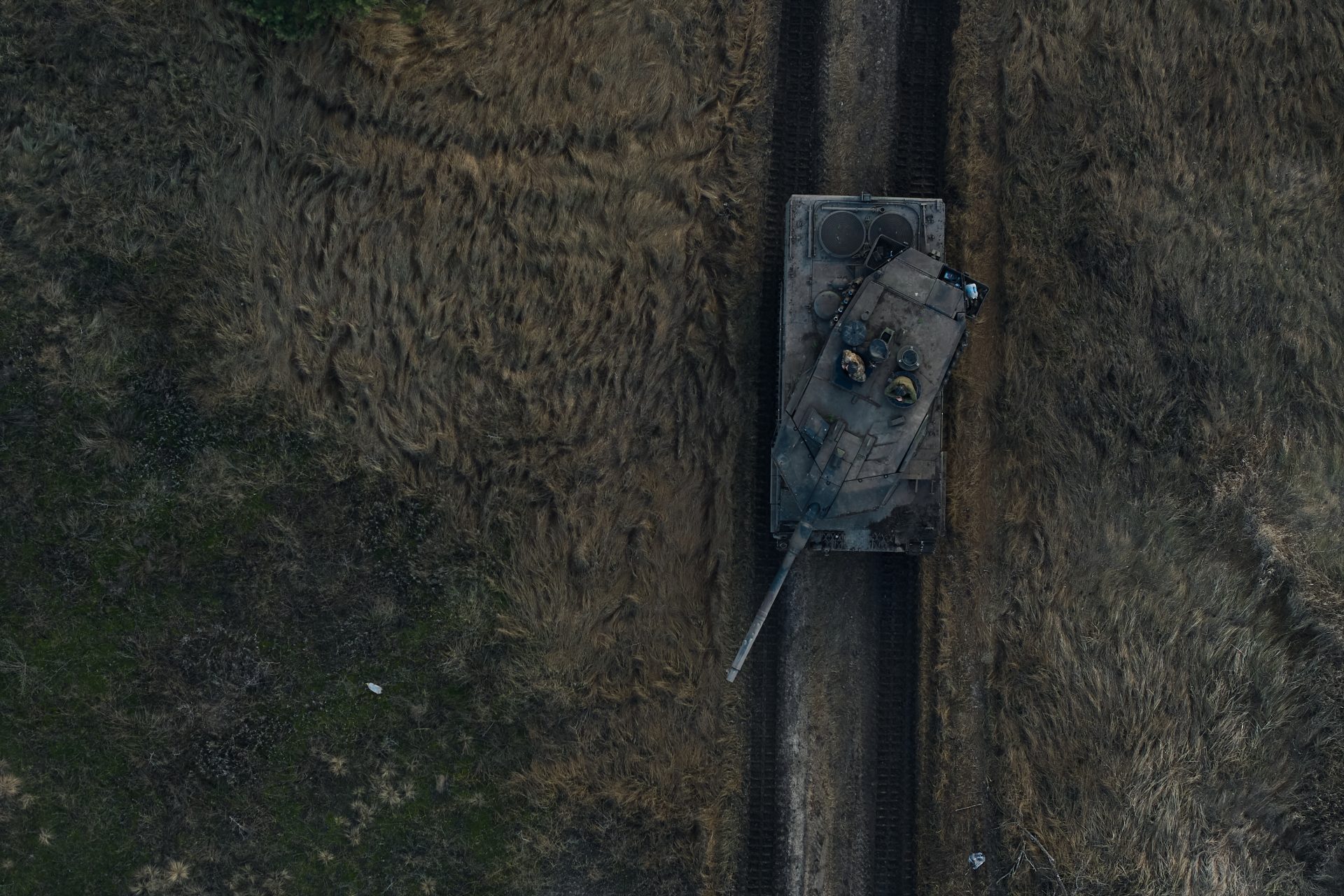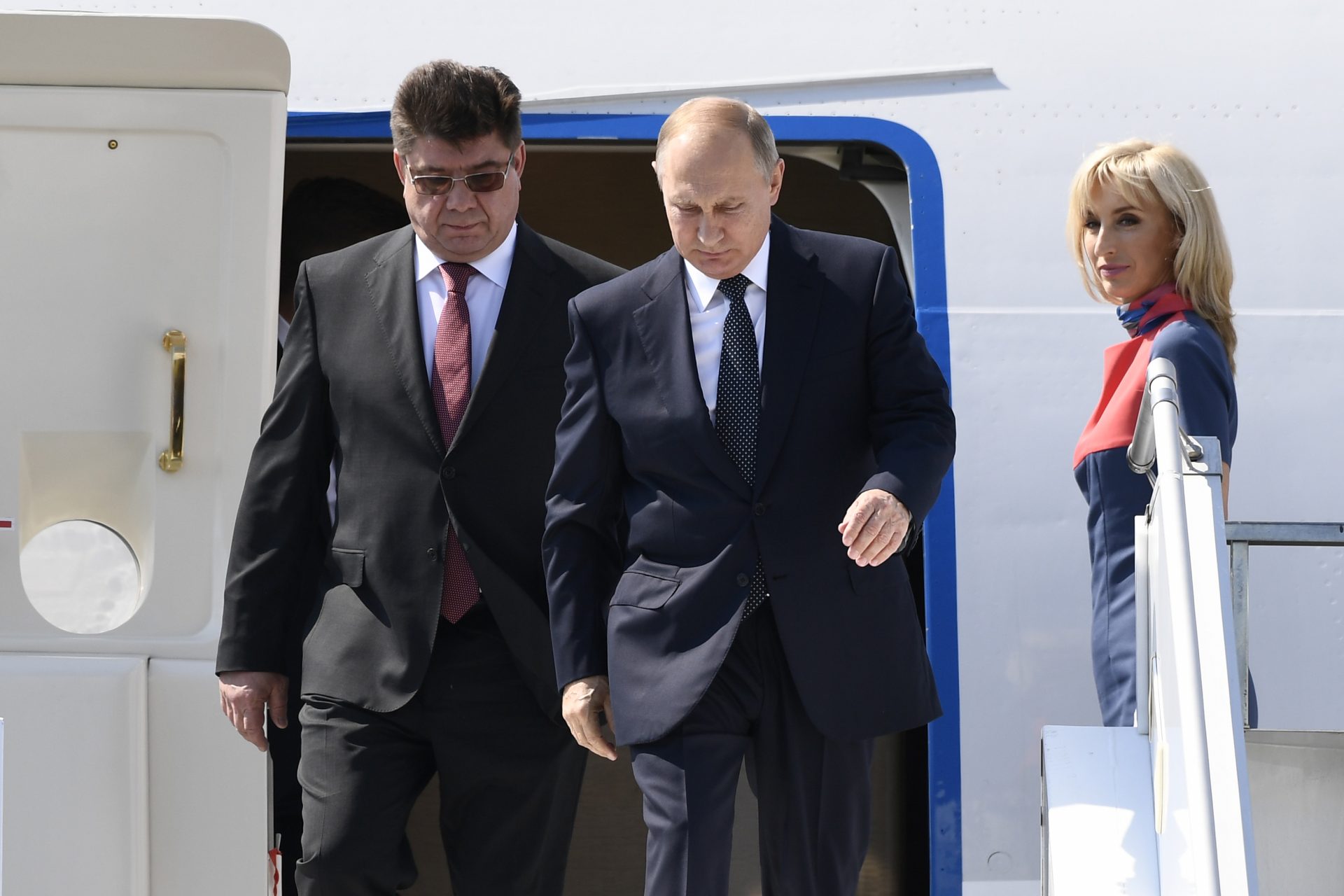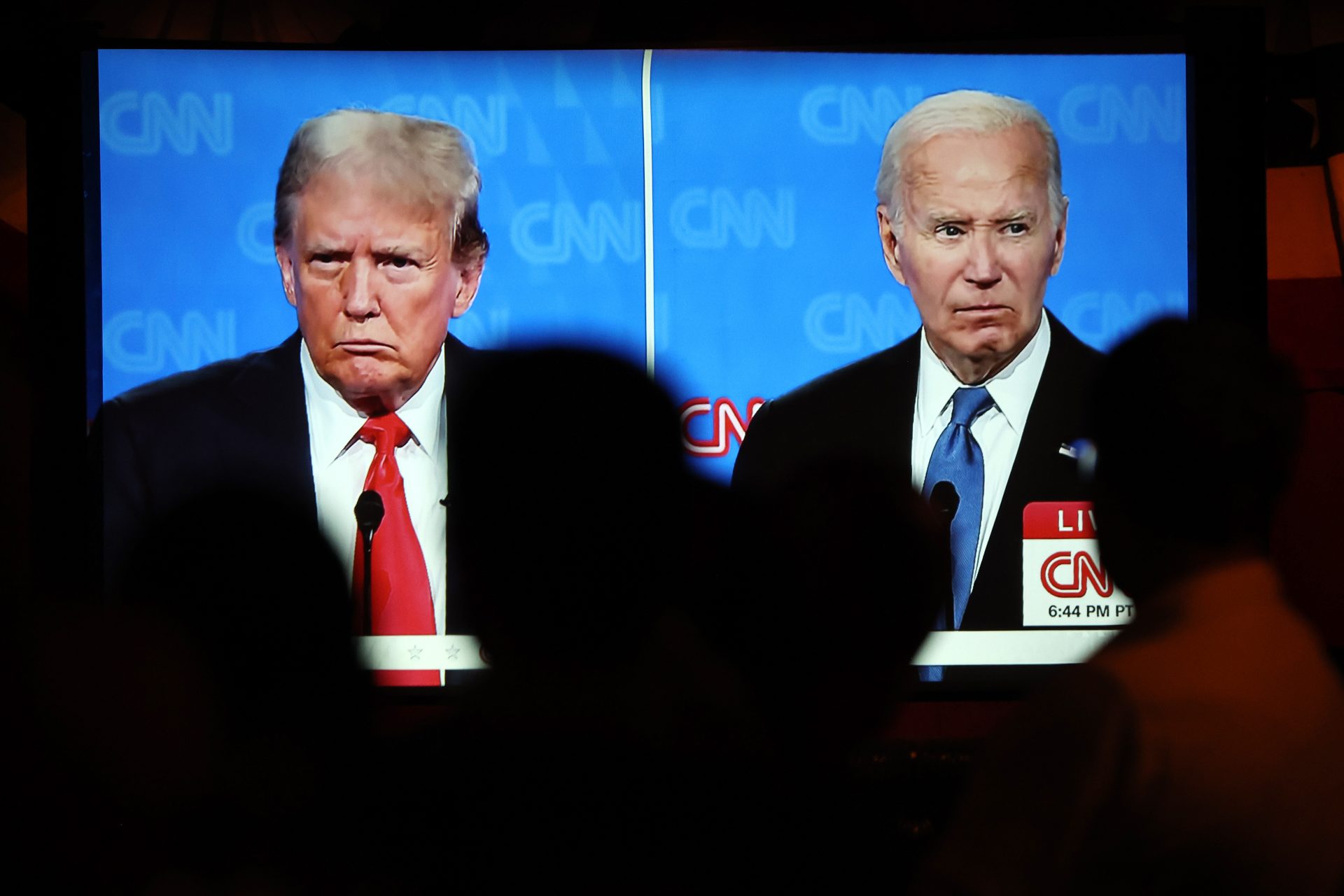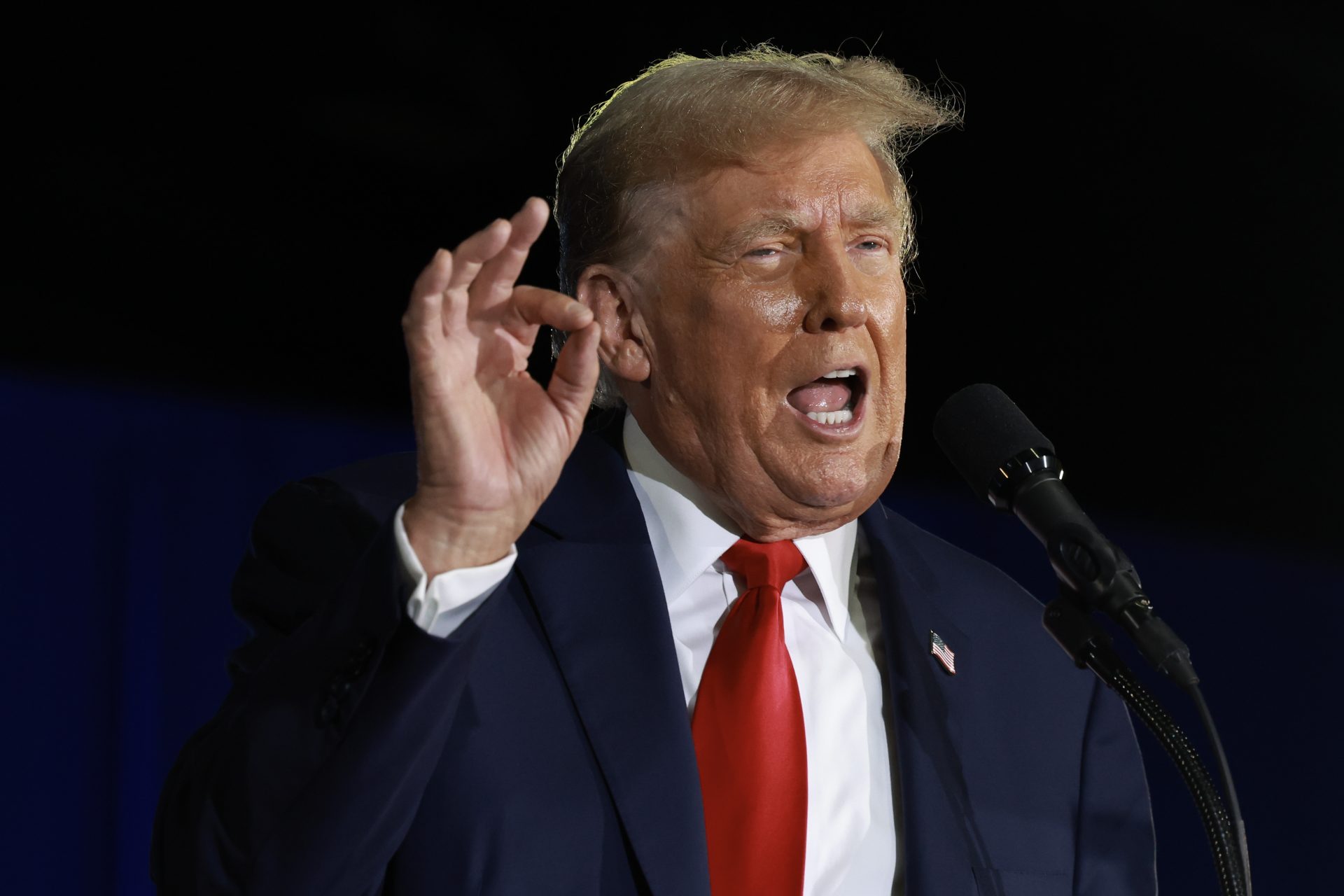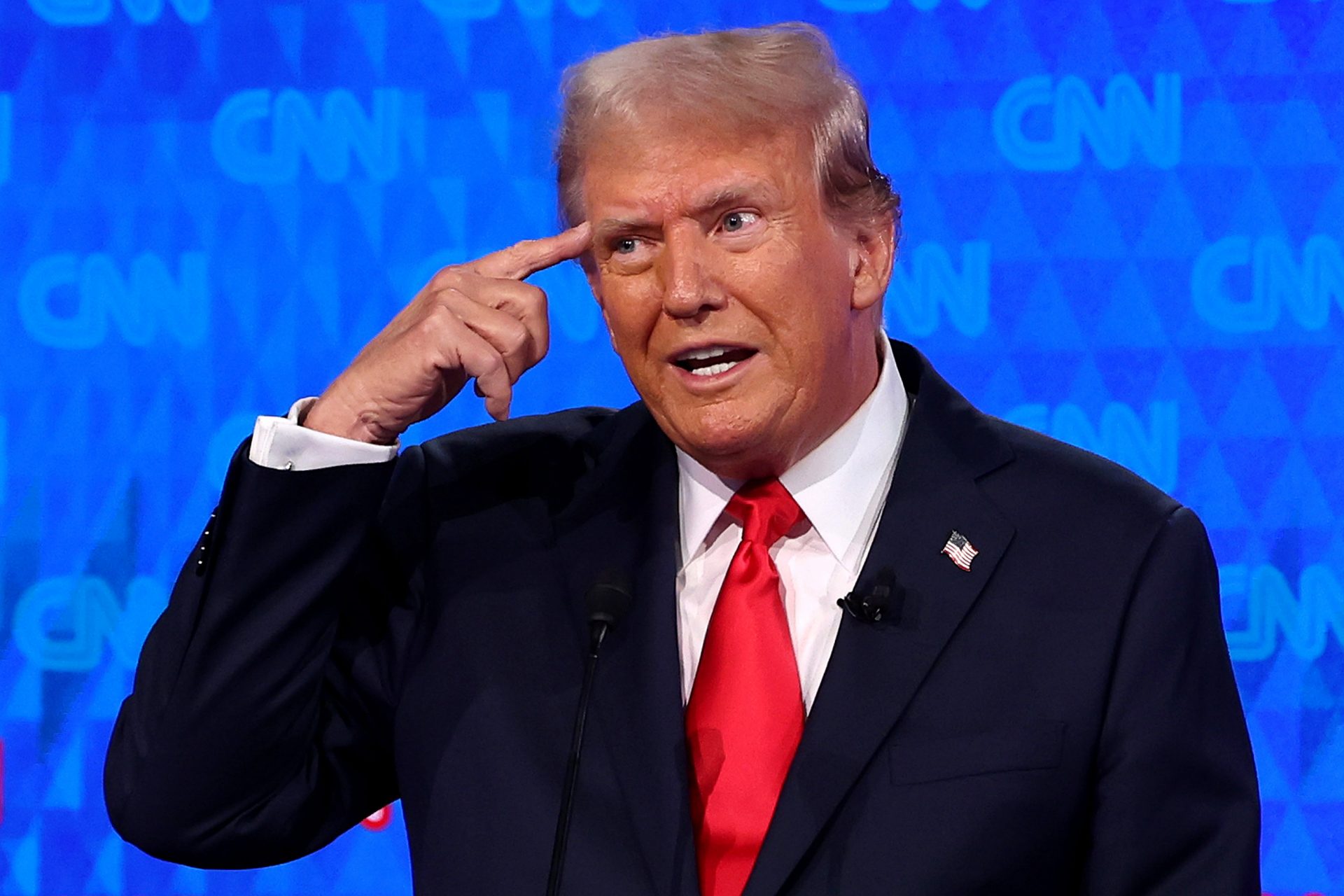Sudan’s devastating reality after six months of ongoing civil war
Six months of war between Sudan’s military and a powerful paramilitary group has killed up to 9,000 people and created “one of the worst humanitarian nightmares in recent history,” the United Nations humanitarian chief, Martin Griffiths said recently.
According to the UN migration agency, more than 4.5 million people were displaced inside Sudan, while over 1.2 million others sought refuge in neighboring countries, since the conflict began in mid-April.
The war has also led to 25 million people (more than half of the country’s population) in need of humanitarian aid, according to the UN.
Meanwhile, aid workers are struggling to access badly affected parts of Khartoum and Darfur, according to The Guardian, and cases of measles, malaria, dengue fever and cholera have been reported nationwide.
Since the breakout of the war, the Greater Khartoum area (the cities of Khartoum, Omdurman and Khartoum North) has become a battleground, with airstrikes and shelling taking place in densely populated areas, according to AP.
Since a coup in the country in 2021 led to the fall of longtime dictator Omar al-Bashir (pictured left) two years earlier, Sudan has been run by the army, with coup leader General Abdel-Fattah al-Burhan as de facto ruler.
These two generals were allies until recently, when tensions arose during negotiations to integrate the RSF into the country’s military as part of plans to restore civilian rule.
Dagalo rose to power within the RSF beginning in the early 2000s when he was at the head of the militia known as Janjaweed: a group responsible for human right atrocities in the Darfur region.
More recently, evidence of ethnic cleansing going on in Darfour, has appeared according to the UK Minister for Africa, Andrew Mitchell.
According to the BBC, analysis of satellite and social media data reveals at least 68 villages in Darfur have been set on fire by armed militias “loosely affiliated to the RSF” since the civil war began.
The actions of Burhan, similarly, have seen the military leader heavily criticized by human rights groups. As the head of the army in power and the country’s de facto head of government, he oversaw a crackdown of pro-democracy activists.
The army has long been at the center of political transitions in Sudan and resistance to civilian rule has been the norm, something that will likely not change anytime soon, experts believe.
While various official and non-official estimates place the Sudanese armed forces at around 210-220,000, the RSF are believed to number approximately 70,000 but are better trained and better equipped.
The RSF now controls most of Khartoum and the army has almost no presence on the streets, with its only tactics to target RSF positions from the air and use heavy artillery from afar, which often result in heavy civilian casualties, The Guardian reported.
As such, “the stakes in the current unrest could go beyond the immediate future of Burhan, Dagalo and even the Sudanese nation. The stability of the region could also be out at risk,” writes Tounsel for The Conversation.
More for you
Top Stories



